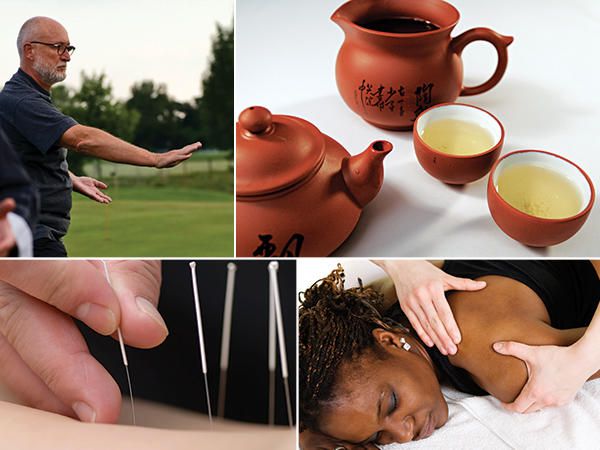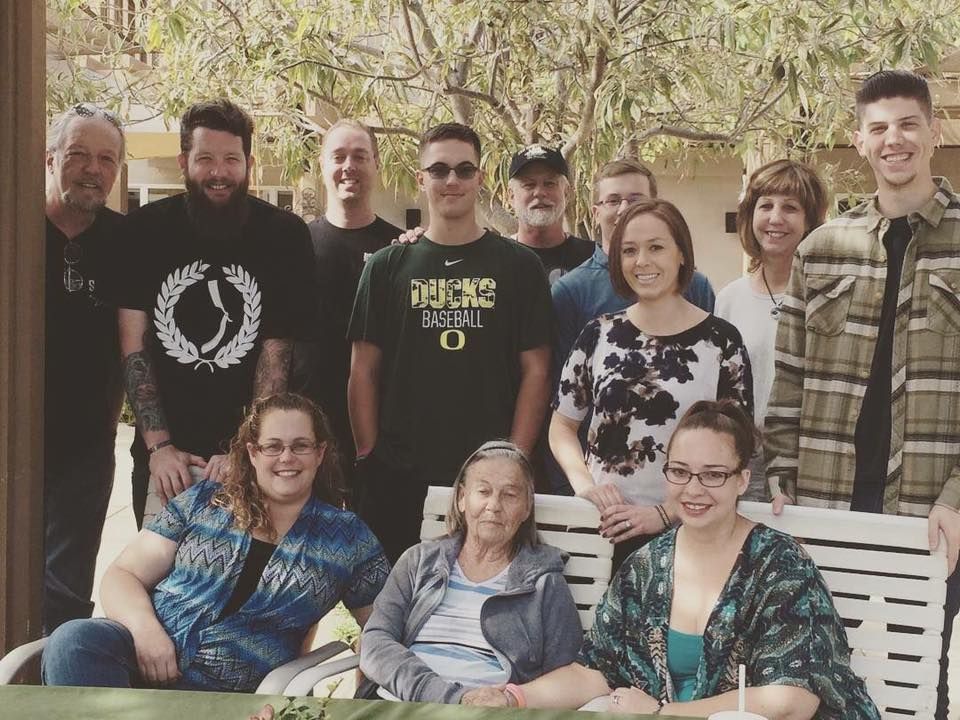
Welcome to Part I of this series where we will explore cultural competence in healthcare, more specifically in Alzheimer’s disease and dementia care settings. Culture is a blueprint for how people behave. It helps us gain a much deeper understanding of the behavior of an individual. In each society there is a dominant culture which dictates the values that are shared by most of the members of that society. It is important for healthcare workers in assisted living settings and those caring for patients with Alzheimer’s and dementia to understand that they come from a particular cultural background. Similarly, the patients they are caring for emerge from their own cultural framework. It is imperative that healthcare workers grasp the values and beliefs that they might share with patients as well as the cultural beliefs and values that might differ from their patients. At Mesa View Senior Assisted Living (and at our partner locations, Harbor View Senior Assisted Living and Bay View Assisted Living) we strive to provide culturally competent care to each of the members of our communities!
Cultural competence refers to adapting one’s behavior (in this case, specifically within healthcare) in a way that fits with the clients’ or patients’ culture. This is an important concept in healthcare settings in the United States as America is becoming increasingly culturally and ethnically diverse. When assessing a cultural practice from a healthcare standpoint the following questions can provide a reference guide: are they helpful?, are they harmless?, are they harmful? For example, a cultural practice of continuing to engage deeply with a family member who has been diagnosed with Alzheimer’s disease is helpful. Healthcare providers should encourage these deep relationships between family members.
When it comes to cultural competence in memory care situations, language barriers can sometimes be an issue. If a healthcare provider is working with a family who speaks a different language, ideally high-quality trained interpretation from someone who is fluent in the language would be available. The most ideal situation is when a healthcare worker speaks the same language as the family or patient they are providing memory care for.
Rituals and cultural meetings are another important aspect of cultural competence. In the American healthcare setting, the term “cultural ritual” has, at times, taken on a negative connotation and has come to mean something that contradicts Western medicine. In fact, a ritual could be something as simple as a prayer or religious ceremony provided for a patient who is struggling to cope. Similarly, in an independent living community, there might be a music event that would elicit positive cultural meaning for the residents, bringing a sense of connectedness and joy. Individuals from some cultural backgrounds might be more wary than others of visiting a healthcare provider or considered moving into independent living if they had symptoms of dementia.
An interesting practice and belief in many unrelated cultures throughout the world is the idea of the evil eye, the concept that a “look” or “stare” of jealousy might bring bad luck. In Puerto Rican folk disease, this is referred to as mal de ojo whereas in certain parts of India it’s referred to as the buddi nazar. It’s helpful for healthcare providers to be aware that individuals from certain cultures might attribute their health condition to this concept of the evil eye. Another helpful area of cultural practice to be aware of centers around food and diet. Individuals of various cultures in elder care communities might prefer certain foods or even think certain foods are important for health based on their particular cultural background.
At Mesa View Senior Assisted Living (and at our partner locations: Harbor View Senior Assisted Living and Bay View Assisted Living) we work hard to provide culturally competent care to each of our community members!



